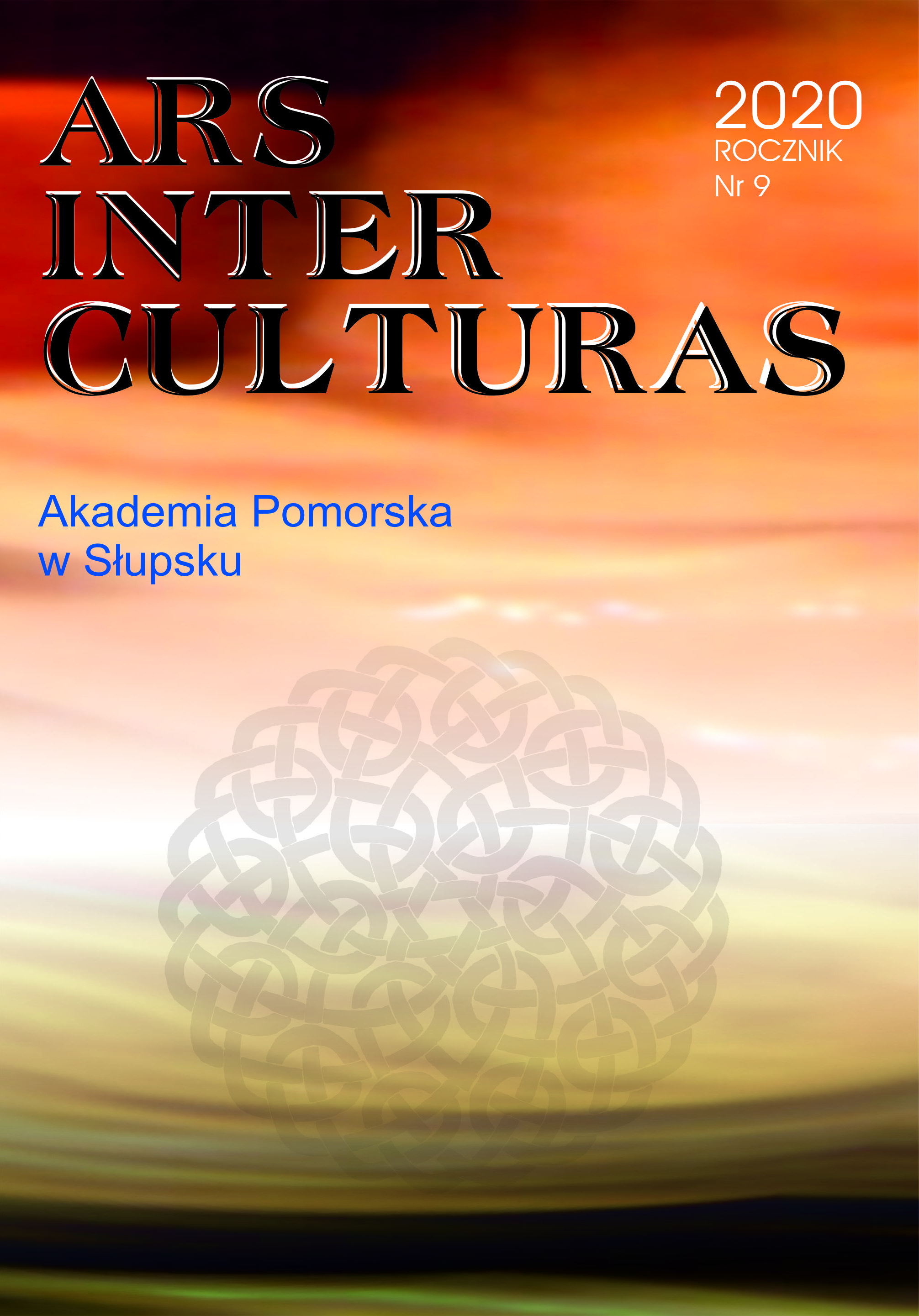Die Vielfalt der musikpädagogischen Konzeptionen in der sowjetischen Ukraine in den 1920er und 1930er Jahren
The Diversity of Concepts of Music Education in Soviet Ukraine in the 1920s and 1930s
Author(s): Luba KyyanovskaSubject(s): Fine Arts / Performing Arts
Published by: Wydawnictwo Naukowe Akademii Pomorskiej w Słupsku
Keywords: musical and pedagogical concepts; Ukrainian musical pedagogy; creative potential of a child; folk songs and dances
Summary/Abstract: In this article, the music education systems of Central and Eastern Ukraine are presented. The historical background of the pedagogical concepts of Kyrylo Stetsenko, Mykola Leonto- wytsch, Jakiv Mamontow, Hnat Chotkewytsch and Wasyl Werchowynec are considered. In addition to the holistic development of children, music-pedagogical concepts were to cultivate their sense of national identity.The most important principles of Ukrainian music pedagogy are brie y characterized in the interwar periodThe rst principle is the correspondence of the goals and methods with the leading music teaching systems in Europe – Karl Or , Zoltan Kodai, Emil Jacques-Dalcroz and Leo Kesten- berg. The focus of all systems is the child and their creative potential, which must be developed not only through the art of music per se, but through the synthesis of all other forms of artistic activity.The second principle – the consistent introduction of national folk traditions and musical material – requires further explanation. As a stateless nation that urgently needed to make up for lost time quickly (since most of the formerly stateless peoples had already formed their identity markers, also in education), the Ukrainians developed musical and educational con- cepts that, in addition to the above-mentioned holistic development of the child, had to pre- serve a sense of national identity. In addition, the acquisition of national musical archetypes in early childhood seems indispensable, which is why all music-pedagogical systems clearly prefer folk songs, folk dances, customs and manners.
Journal: Ars Inter Culturas
- Issue Year: 2020
- Issue No: 9
- Page Range: 127- 140
- Page Count: 14
- Language: German

